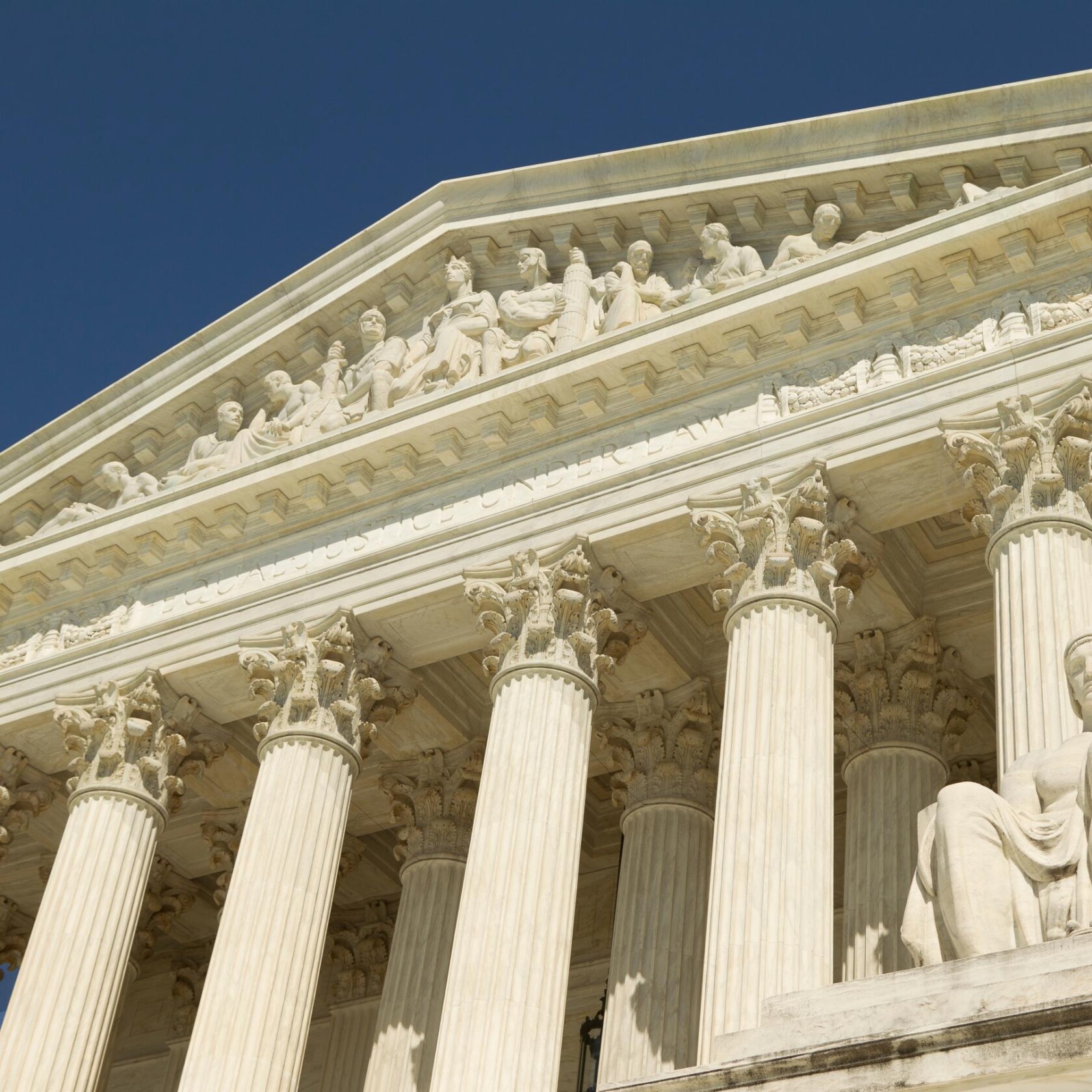Waiting for Gorsuch: SCOTUS Kicks Important Class-Action Waiver Case to Next Term

Last week, the United States Supreme Court informed litigants in Epic Systems Corp. v. Lewis that it is pushing the case to its October 2017 term. The lawsuit, which rose up through the Western District of Wisconsin and the Seventh Circuit, presents the High Court with a chance to resolve a robust circuit split on the question whether mandatory arbitration clauses in employment contracts may contain class action waivers without running afoul of the National Labor Relations Act (NLRA). Last spring, the Seventh Circuit ruled that such clauses were unenforceable, deviating from rulings by the Second, Fifth, and Eighth Circuits, and prompting the Supreme Court to grant certiorari on January 13, 2017.
The resolution of the issue turns on whether NLRA Section 7’s (29 U.S.C. § 157) protection of employees’ right to engage in “concerted activities” qualifies as a “contrary congressional command” (under CompuCredit Corp. v. Greenwood, 132 S. Ct. 665, 669 (2012)) sufficient to override the Federal Arbitration Act’s (FAA) presumption that arbitration agreements are enforceable as written. The National Labor Relations Board (NLRB) has taken the position for years that class action waivers in employment agreements are unenforceable under the NLRA. See D.R. Horton, Inc., 357 N.L.R.B. 2277, 2289 (2012). In Lewis, Judge Barbara Crabb of the Western District of Wisconsin followed the NLRB’s interpretation, based on Supreme Court precedent directing courts to give “considerable deference” to the agency’s interpretations of the NLRA. Lewis, No. 15-cv-82-bbc, 2015 U.S. Dist. LEXIS 121137, at *4 (W.D. Wis. Sept. 11, 2015) (quoting ABF Freight System, Inc. v. NLRB, 510 U.S. 317, 324 (1994)).
On appeal, the Seventh Circuit ruled that such class action waivers were “illegal” under the NLRA, making them unenforceable because the FAA contains a “savings clause” that allows courts to refuse to recognize arbitration agreements on grounds sufficient “for the revocation of any contract.” Lewis, 823 F.3d 1147, 1159 (7th Cir. 2016) (quoting 9 U.S.C. § 2). The Seventh Circuit acknowledged that its decision departed from precedents in its sister circuits but dismissed their reasoning. Following Lewis, a divided Ninth Circuit panel joined the Seventh Circuit, deepening the circuit split and teeing the issue up for Supreme Court review.
Because the case has now been deferred until next term, President Trump’s recent nomination of Judge Neil Gorsuch leads inquisitive minds to wonder about his jurisprudence on the FAA. With the Supreme Court’s present four-to-four ideological split, Judge Gorsuch’s vote may well decide the case. The 10th Circuit has not weighed in on the enforceability of class action waivers in employment agreements, but Judge Gorsuch’s opinions on the FAA demonstrate a commitment to enforcing its preference for arbitration.
Just a few weeks ago, in Ragab v. Howard, 841 F.3d 1134 (10th Cir. 2016), Judge Gorsuch penned a dissent from a panel decision that affirmed denial of a motion to compel arbitration. The parties in Ragab agreed to six business contracts with one another, each containing a separate (and contradictory) mandatory arbitration provision, which led the panel to rule that the parties failed to reach agreement on the essential terms regarding arbitration. In his dissent, Judge Gorsuch opined that the parties’ verbal cacophony regarding the procedural details of arbitration did not override their clear intention to arbitrate. His dissent identified two “workarounds” to save the arbitration agreements and alluded to the preemptive force of the FAA over state law. Id. at 1139, 1141. And, in Sanchez v. Nitro-Lift Techs., L.L.C., 762 F.3d 1139 (10th Cir. 2014), Judge Gorsuch joined an opinion requiring three former employees to arbitrate their wage claims against their employer, despite ambiguity in the parties’ arbitration agreement, based on the “liberal federal policy favoring arbitration.” Id. at 1145, 1147-48.
Furthermore, Judge Gorsuch has expressed deep skepticism regarding deference to administrative agencies. Back in August, he authored not one but two opinions in a case called Gutierrez-Brizuela v. Lynch, 834 F.3d 1142 (10th Cir. 2016). In his opinion for the court, Judge Gorsuch ruled that the Board of Immigration Appeals could not apply a new administrative rule retroactively. Id. at 1148. Then, in a separate concurring opinion, he called on the Supreme Court to reconsider the doctrine of Chevron deference to administrative agencies, calling the precedent a “behemoth” of administrative law that was “more than a little difficult to square with the Constitution of the framers’ design.” Id. at 1149. This suggests that the NLRB’s anti-class waiver position may not carry much deferential heft with Judge Gorsuch.
So, while it appears that employers across the country will need to hold tight for a few months longer to see whether the class action waivers in their employment agreements hold water, the wait could be worthwhile for those looking to avoid class adjudication.